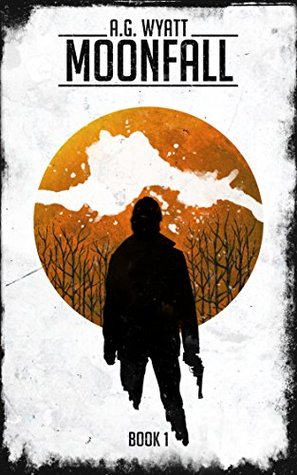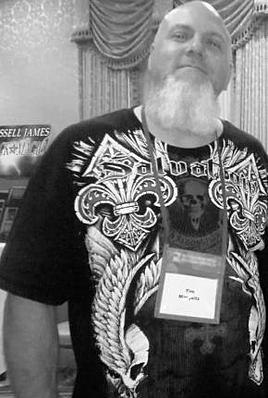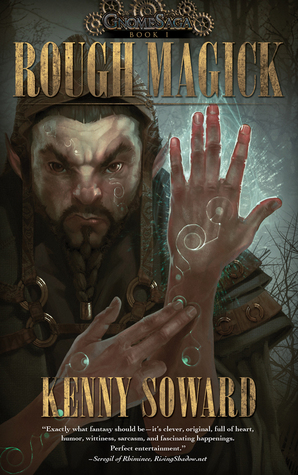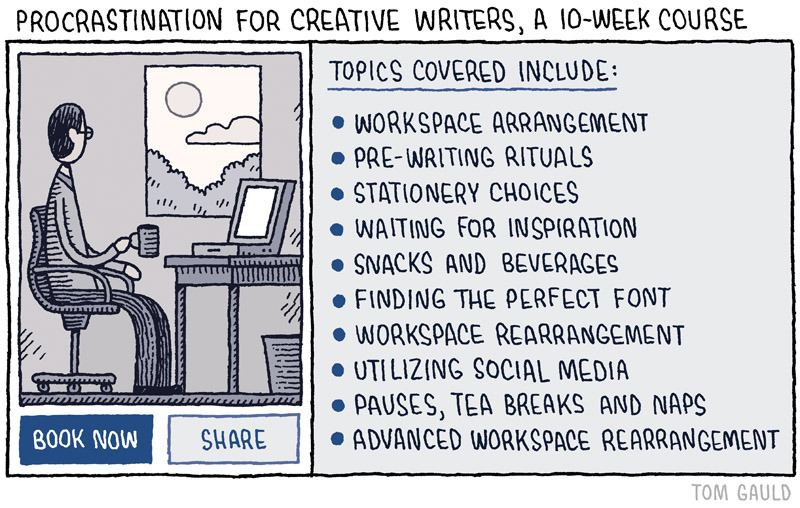Good Dialogue: Balancing Realism and Awesomeness
Some people will tell you that good dialogue is realistic.
Those people are barely half right on a good day. Good dialogue is a delicate
balance between what’s realistic, what’s dramatic, and what’s just plain
awesome.
So how does that work?
Balancing Realism and Drama
You need dialogue to seem realistic and to sound like we
imagine people talking. That means slang, abbreviations, incomplete sentences,
and touches of humor and awkwardness.
But that’s not the same as how people really talk. Any real
conversation involves a bunch of repetitions, hesitations, and “er, hm” moments
that just clutter up the scene. So throw in some realism, but don’t go too far.
Aaron Sorkin is famous for this. His dialogue seems realistic
because characters interrupt and talk over each other, like in real life. But
it’s hyper-reality, in which every word is cool, coherent and awesome.
Speaking of awesome, snappy one-liners and killer comebacks
will make your dialogue memorable and grab attention, so throw in a few. But
don’t use a whole bucketful — the more you have, the more obvious it will be
that this isn’t real people talking.
The same goes for drama. This lies largely in the structure, so
is easier to hide. Skip over the awkward fifteen minutes of developing a real
plan, and cut to the summary. Have people interrupt each other at the perfect
moment to add conflict and tension to the scene without hiding meaning. Have
people join in at the perfectly dramatic right (or wrong) moment.
Structure for drama and use details for realism and
awesomeness.
Voices: Being Consistent and Characterful
One of the most important things to do in good dialogue is to
make the characters distinctive. Give each one particular phrases or ways of
talking. These can be obvious, like Marvel comics’ robot bounty hunter Death’s
Head, who ends many sentences with “yes?” They can be more subtle, like having
a character use short sentences or ask a lot of questions. The character can be
favoring long words, or plainer sounding ones with an Anglo-Saxon root.
If each character has distinctive verbal tics then they’ll
stand out, making the dialogue clearer, more real and more dramatic. But be
careful not to overdo it. Even Death’s Head doesn’t use his distinctive “yes?”
as often on the page as readers remember, and only gets away with it because
he’s not a totally serious character. Over use any element and the character
will seem absurd.
Some Examples
It’s easier to show how this works through bad examples than
good ones. So let’s look at a few (that I’ve invented — no real authors were
hurt in the making of this article)…
“As
you know, Gilbert, Ragaton was once home to an ancient witch who…”
Any sentence that starts “as you know” is a stinker. Using this
to tell readers story background is neither dramatic nor realistic — only the
most tedious people tell us what we already know. If I want them to talk about
the witch, I’ll have to imply her existence:
“Is
that poster meant to show the Ragaton Witch? It looks almost as ancient and
wrinkled as she was.”
It’s not perfect, but it hints at the character’s snobby
attitude and deep familiarity with the witch, while implying her existence.
How about a little back and forth:
“Why
did you do it, Rusko?”
“I’m
not telling.”
“Tell
me or I’ll beat you.”
“Still
not telling.”
That’s one way to take the drama out of an interrogation, and
the realism - people don’t just answer questions directly, and the interrogator
is being too on the nose. So instead:
“Why
did you do it, Rusko?”
“Why
are you such a fat pig, Cole? You’re like one of them big sows, rolling around
in the—”
“You
want to meet my friend Mr. Lead Pipe?”
“You
want to go to Hell?”
Now Rusko’s fighting back with his words, “Mr. Lead Pipe” has
shown Cole’s twisted sense of humor, and they’re both being a little bit more
dramatic and characterful.
Good dialogue strikes that balance of
realism and drama, as well as showing character. It’s not just nice to have.
It’s vital.
____________________

A.G. Wyatt is the author of the post-apocalyptic adventure series, MoonFall, and is presently working on his second series. When he's not writing, he's reading, or looking for inspiration near his hometown in Northeastern PA.
Links to A.G. Wyatt's social media profiles:
Facebook: https://facebook.com/
Twitter: https://Twitter.com/










